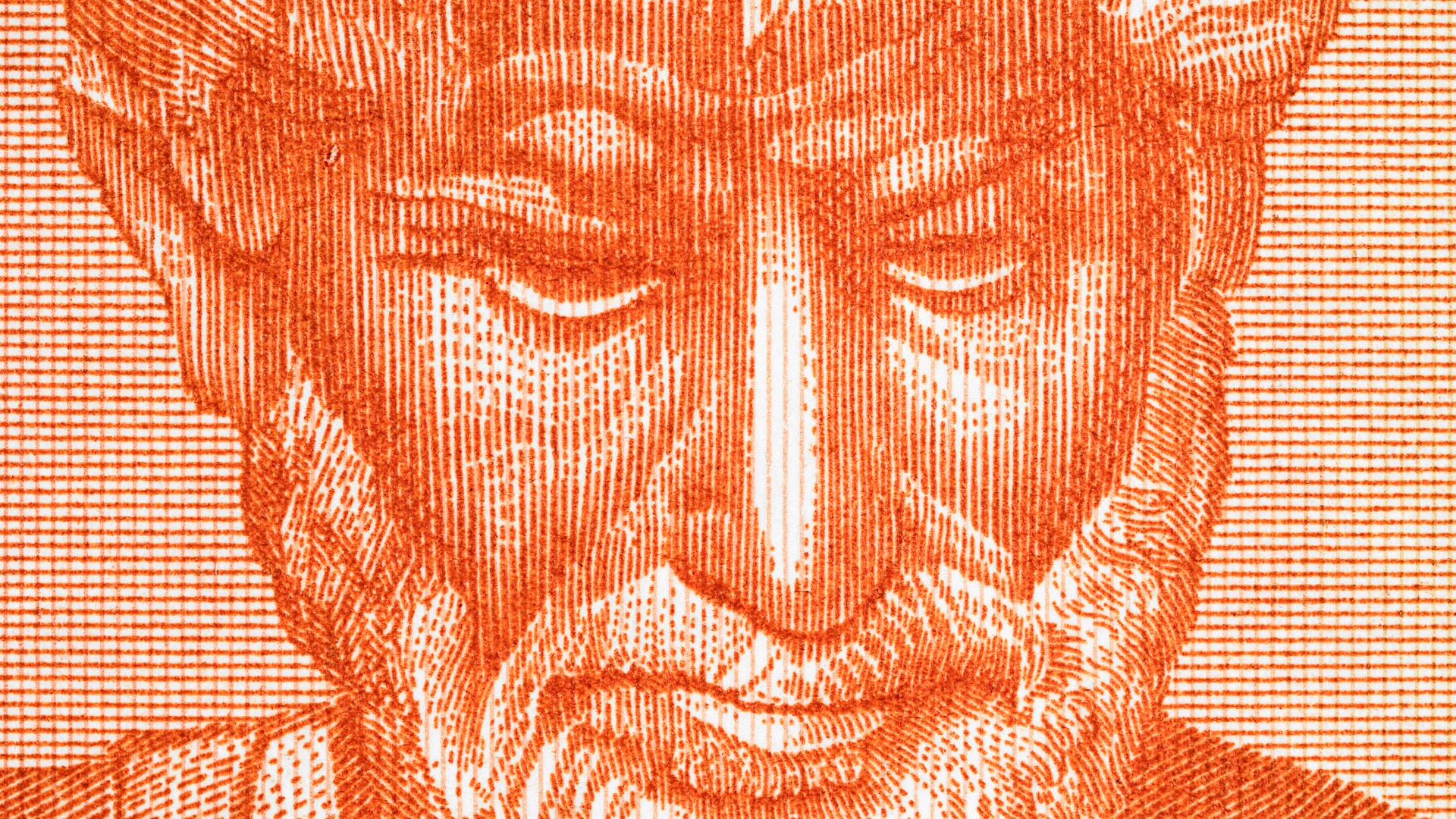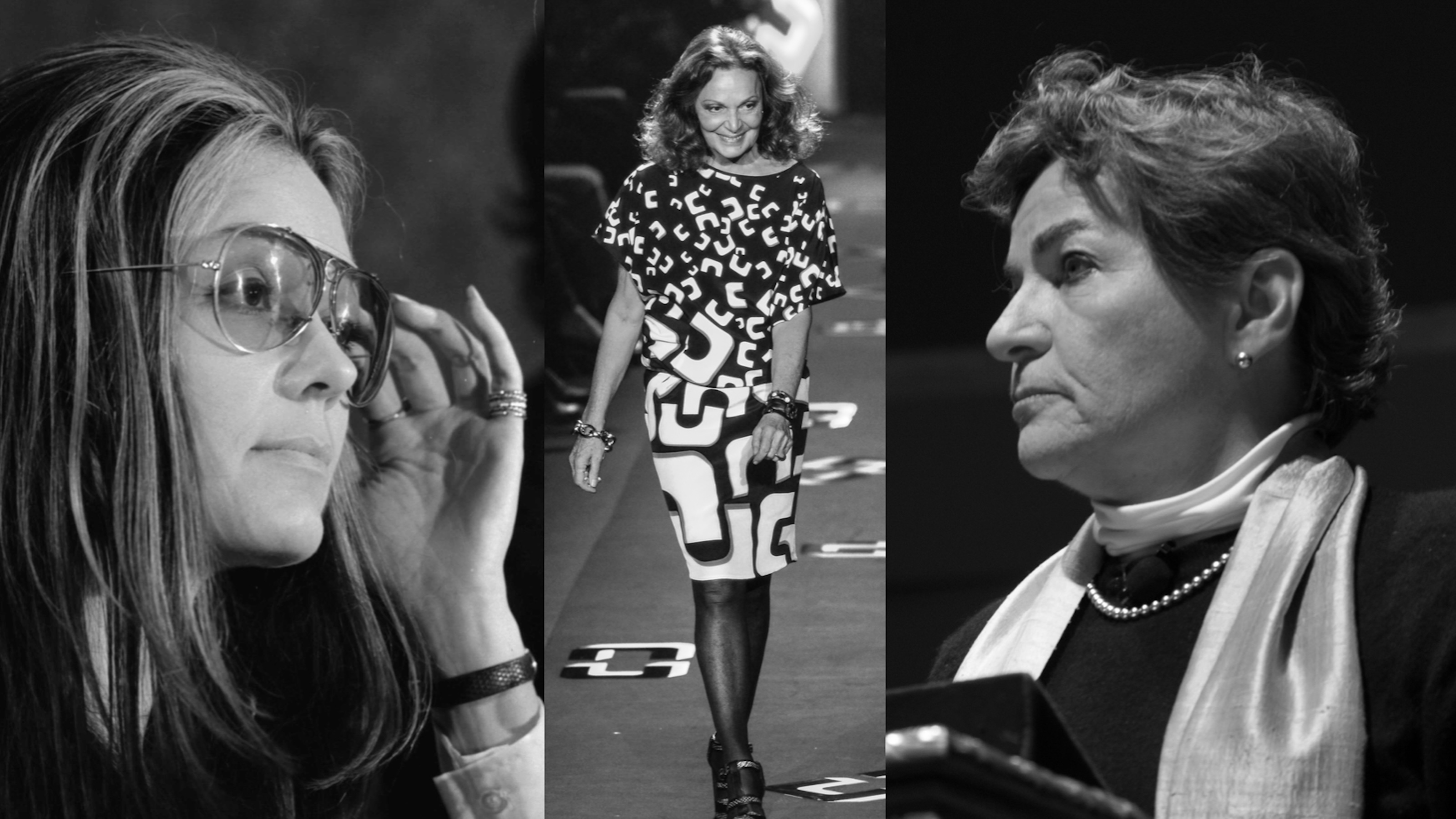Anne-Marie Slaughter explains why global networking is crucial to world diplomacy.
Slaughter: I’ve been writing about networks for a long time and writing about these networks of government officials and looking at how those networks were coexisting alongside what International Relations’ scholars called the billiard ball world of International Relations. It’s this idea that states, you know, are these thick, opaque entities and they collide into each other and they sense other states spinning off periodically into the pocket. That world does still exist. Again, there are states invading other states, but at the same time, there has been this growth of these networks of government officials, so that’s partly a kind of infrastructure or web infrastructure around it. But then, in every other way, transnational society, if you think about again non-governmental organizations, corporations of all kinds, even criminals, everybody is networking. To the Net Generation, that’s their birthright, right? Everybody starts being from connection. There is no separation. You start from connection and then you define yourself in terms of who you are connected to and how you work your connections. If you think about the world that way, if you really take a Net Gen perspective, which for many of my generation is we talk about it, but it doesn’t come naturally to us, you start seeing global politics very differently. And this came home to me when I was remembering something I read in law school where Carol Gilligan, who is this wonderful psychologist, wrote “In a Different Voice” and she argued based on research among 13-year-old girls that boys saw the world in terms of hierarchies and wanted to be at the top, you know, like the bully in the playground, and girls saw the world in terms of webs of relationships and wanted to be the center. So, you know, the top girl was not, you know, the top of a hierarchy, she was the one who was most connected. When I read that in law school, it was kind of revolutionary, but I don’t think the gender part is what’s so important. What’s important is that that’s a different way of looking at the world, this hierarchy versus web. And the 21st century is an increasingly network or webbed world, and in that world, power is not going to be defined by who’s got the most, the biggest economy or the biggest army. It’s going to be defined by who’s the most connected and who knows how to use those connections.





